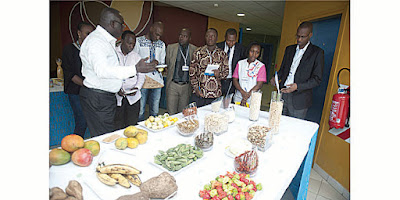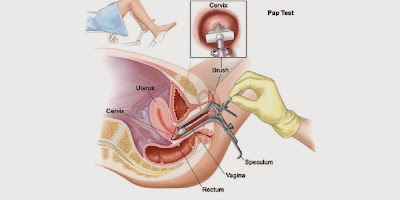Fidson wins 2014 Frost & Sullivan Awards

Following its recent performance in the Nigerian pharmaceutical industry, Fidson Healthcare Plc has emerged winner of the 2014 Nigerian Frost & Sullivan Award for Growth, Leadership and Excellence. The award ceremony held in the United Kingdom last month is in recognition of Fidson’s definitive vision and strong management, which stoked a growth rate of 26 per cent in 2013, acknowledging Fidson’s role in transforming the Nigerian Pharmaceutical industry. According to Frost & Sullivan Research Analyst, Danielle de la Mare, the Nigerian pharmaceutical market was estimated to be approximately US$1.19 billion in 2013, with year-on-year growth of 12 per cent. Fidson’s audited report for the same period shows revenue growth of 29 per cent from N7.2 billion in 2012 to N9.2 billion in 2013. Fidson grew its gross profit by 26 per cent, from N4.1 billion in 2012 to N5.1 billion to 2013, while it’s operating profit increased by 60 percent and operating margin by 3 per cent. Furtherm








